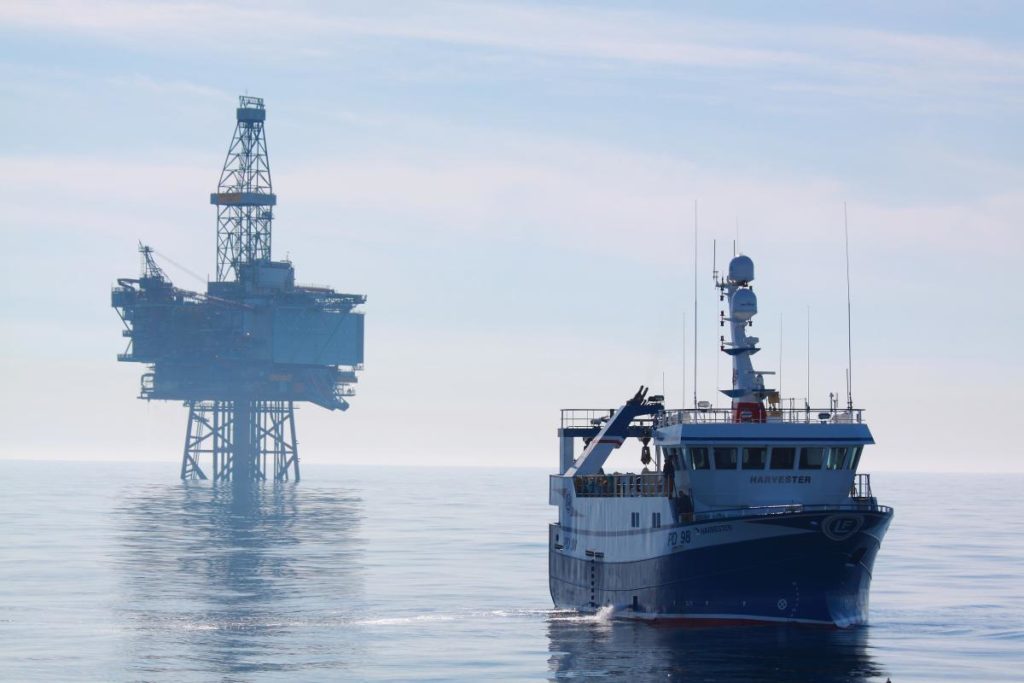
Keeping old oil and gas platforms in place could be a “triple win” for the North Sea, creating a fresh wave of employment, according to a conservationist group.
The Scottish Wildlife Trust said keeping part of the infrastructure could create new marine research jobs “after the shock of oil and gas exploration”, while giving evidence to the Scottish Affairs Committee yesterday.
The organisation told the Westminster inquiry into the future of the sector that certain structures have an abundance of marine life around them, and it is not in the best environmental interests to remove them.
The taxpayer has a liability of around £24billion for decommissioning oil platforms, and CEO Jonathan Hughes said savings from this could be put in a “marine stewardship fund” for fresh employment.
He said it could be “very expensive and not necessarily smart” if the industry wasn’t creative with decommissioning.
The rigs-to-reef concept, which is currently being used in the Gulf of Mexico, also has potential from a leisure tourism perspective, according to Mr Hughes.
He said: “Some flexibility on derogations could lead to better outcomes for the operator, taxpayer and the environment.
“There is scope for putting some of those savings into a fund which could then be used to provide employment in areas such as the east coast, but not necessarily to do with the kind of technical aspects of decommissioning.
“It could be to do with broader marine environmental restoration or marine research and so on in the North Sea generally, as we move towards the recovery of the North Sea after the shock of oil and gas exploration.
“There could be substantial savings to the taxpayer, to the operator and a net positive effect on the environment in the retention of these highly biodiverse structures.”
However, the issue for the reuse of these structures lies in environmental regulations.
Ospar, a pan-European body which was set up to protect the marine environment of the north-east Atlantic, requires companies to remove installations in their entirety once they reach the end of their production cycle.
Some can apply for exemptions, however Mr Hughes said the vast majority are not currently eligible.
The UK’s Offshore Petroleum Regulator for Environment and Decommissioning (OPRED) has previously described the rigs-to-reef concept as a non-starter.
David Duguid, Scottish Conservative MP for Banff and Buchan, is on the committee and is sceptical about its potential.
He said: “The big question when it comes to leaving structures in place is how we get around the Ospar convention.
“As things stand, leaving disused installations either wholly or partly in place is generally prohibited.
“I fear public opinion is being allowed to hold sway over environmental and technical concerns at present. We should certainly explore this, but I have yet to see sufficient evidence that it is the best option.”
Recommended for you

